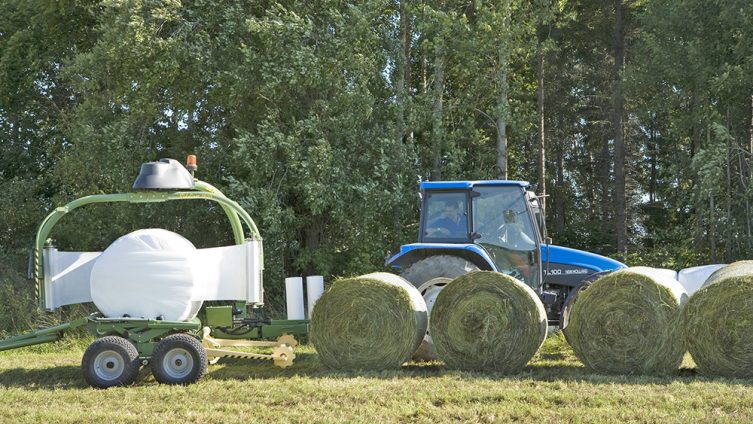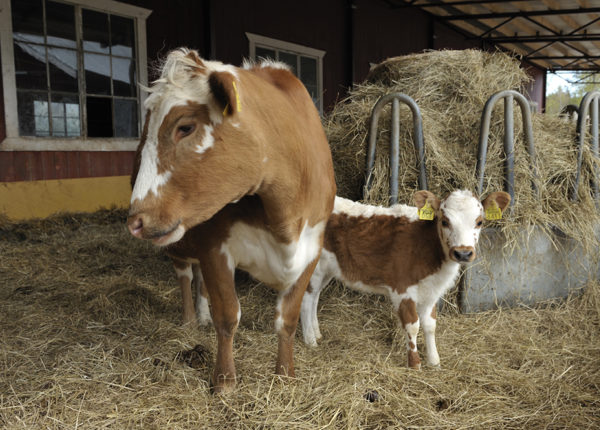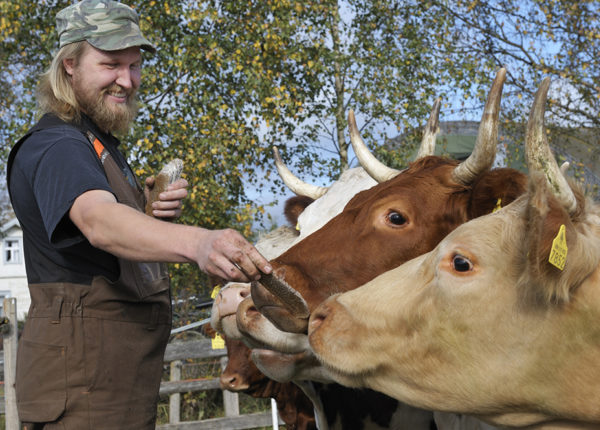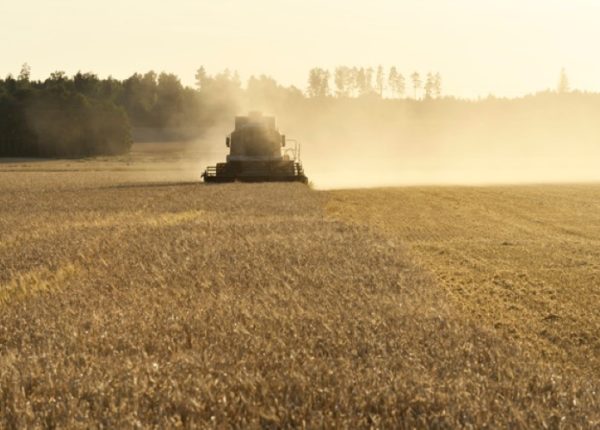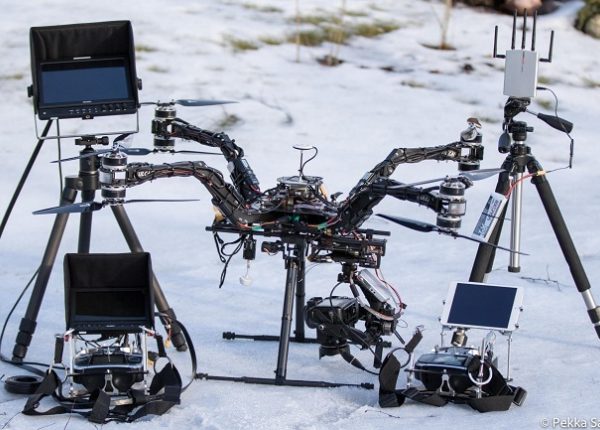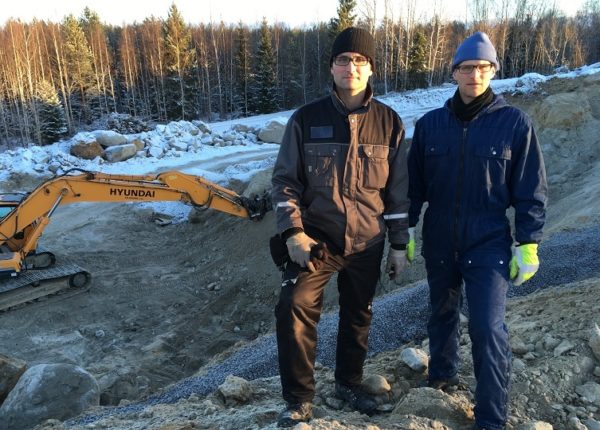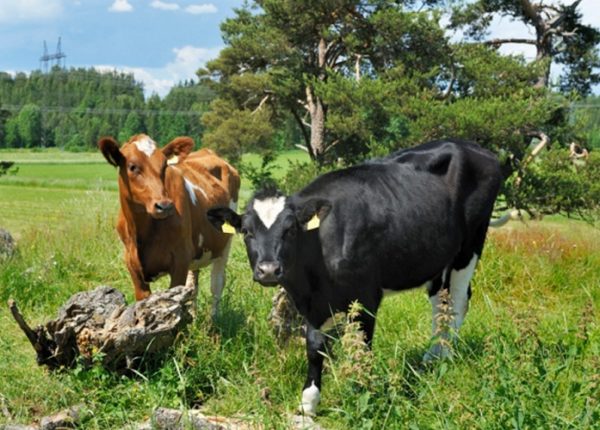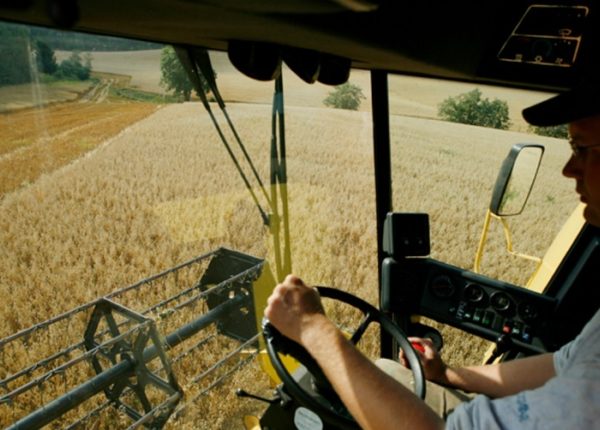A year and a half ago, the father of the Digibale project, Ilpo Pölönen, a senior lecturer at Häme University of Applied Sciences (HAMK), came up with the idea for the project in a workshop: What if it were possible to mark each bale and collect the related data? The idea was soon refined and resulted in the use of RFID tags for the individual identification of fodder bales.“The project is now investigating the possible benefits for entrepreneurs from this type of bale-specific monitoring system. Another research topic is the identifier itself, that is, how to make it weather-proof and durable,” says Pölönen. The project’s aim is to develop a bale-specific monitoring and management system for fodder bales that identifies each bale and improves the related logistics, trade, inventory maintenance and quality management. Digibale utilises sensor and RFID technology.
Bale data saved and exploited
RFID chips offer a range of potential for the extensive saving of data. The chips facilitate the saving of data on a wide range of details in a cloud service: the actual making of the bale, the prevailing temperature and air humidity, and possibly even the dry matter content. Even the GPS coordinates of the location where the bale is made, and the bale machine operator’s observations, can be linked to the data.
“The data will not be stored in the cloud just to stay there idle. Instead, it can be integrated with other data in the farm’s planning software,” Pölönen adds.“Combined with the field parcel history and information on animals, bale data amounts to great deal of data.”
The bale data can be viewed immediately, for example, on a tablet, and a variety of reports can be produced.“Our goal is to create a streamlined and secure method — one that can be used while wearing work gloves,” describes Pölönen.
Compatibility has been a starting point from the word go: the data will not be left idle in the cloud, but can be combined with the rest of the farm’s data resources and put to efficient use. In addition to Natural Resources Institute Finland (Luke) and Häme University of Applied Sciences (HAMK), three dairy farms from the Häme region are involved in the project. Ideas can be tested in practice on these farms. Other cooperation partners include baling contractors.
Digitalisation – a household word even in agriculture
The project’s target group includes bale users, baling contractors and baling machine manufacturers. In addition, the project involves other parties related to the life cycle of bales, such as materials manufacturers, preservative marketers and other entrepreneurs in the field. Bales are used not only by livestock farmers but also by horse stable operators, dry hay producers and biogas and combustion plants, which transform any bales unfit for use as animal feed into energy.
“Digitalisation and the Internet of Things are enormously beneficial for agricultural entrepreneurs and development is progressing even in the agricultural sector. However, an actual breakthrough has yet to be witnessed in the various agricultural sectors,” says Pölönen. On the other hand, many industries are moving into the digital application world, and it is therefore important to develop such applications for the needs of agriculture.
The project is one of the agricultural innovation groups selected in 2017 (EIP).
Further information:
Ilpo Pölönen, Häme University of Applied Sciences (HAMK), firstname.lastname@hamk.fi
